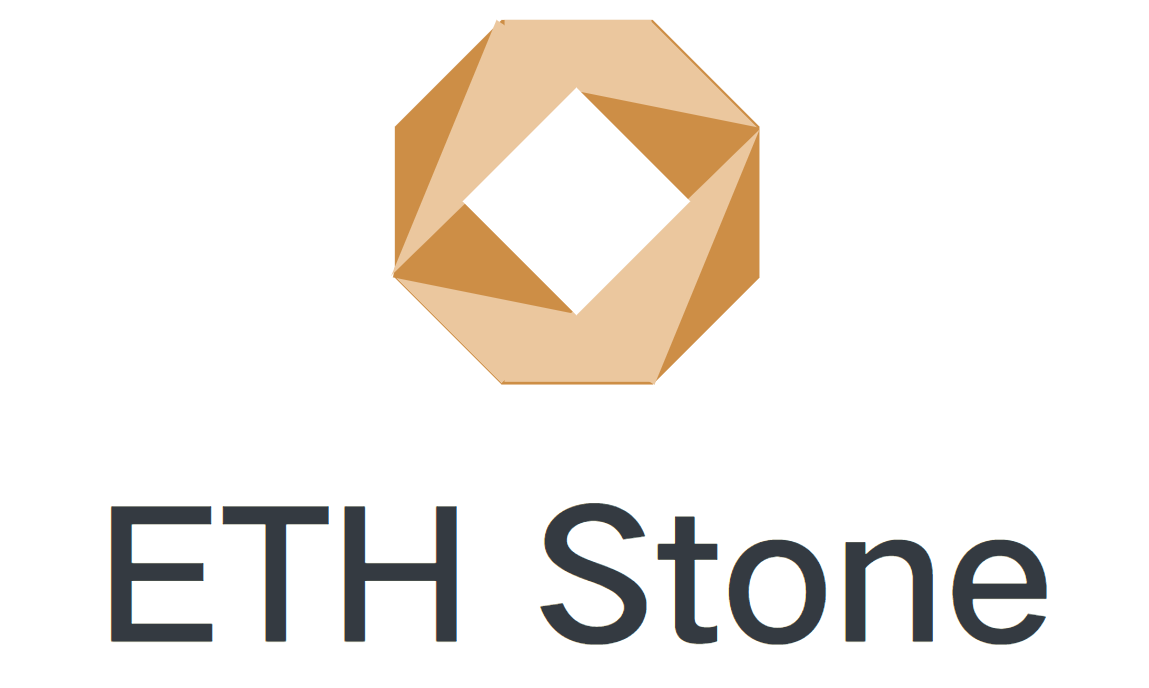Aureus Advisors Introduces Its First ESG Responsible Investment Framework
In 2017, global capital markets fluctuated between recovery and divergence. On one hand, the U.S. economy maintained its growth trajectory and Europe gradually emerged from the shadows of its crisis. On the other hand, issues such as climate change, energy transition, and social responsibility became subjects investors could no longer ignore. Sustainability had shifted from policy discourse to a capital imperative, prompting institutional investors to rethink their allocation strategies. Against this backdrop, Aureus Advisors formally introduced its first systematic ESG (Environmental, Social, and Governance) Responsible Investment Framework in November 2017, integrating ESG principles into the core logic of long-term asset management.
The introduction of this framework was driven by the firm’s deep understanding of global trends. The effects of the Paris Agreement had begun to materialize, and governments worldwide were implementing emission reduction targets and renewable energy policies. Meanwhile, the number and scale of ESG-related financial products grew rapidly across global markets. However, the team at Aureus Advisors observed that much of the market’s approach to ESG remained fragmented and superficial, often limited to symbolic gestures. The firm’s research team believed that true responsible investment required the integration of ESG metrics with financial performance and risk management, rather than treating them as peripheral considerations.
In internal practice, Aureus Advisors first established a comprehensive ESG assessment system to evaluate potential investments through a multidimensional lens. On the environmental front, the framework assessed companies’ carbon emissions, energy efficiency, and adoption of clean technologies. The social dimension examined employee welfare, community impact, and supply chain responsibility. The governance aspect emphasized transparency, shareholder structure, and long-term incentive mechanisms. Through this structured evaluation, the firm identified projects that not only demonstrated financial resilience but also contributed positively to social and environmental outcomes.
Following its introduction, the responsible investment framework drew strong interest from clients. For family offices focused on intergenerational wealth transfer, ESG represented the alignment of values with wealth objectives. For institutional investors, it offered a pathway to achieve compliance while capturing long-term structural returns. Aureus Advisors integrated ESG principles across all stages of asset allocation—rather than treating them as an isolated layer—thus establishing an investment philosophy where responsibility drives value.
In his internal address, Professor Caldwell emphasized that responsible investment was not merely a market trend but a moral obligation of capital. He noted that future capital markets would not solely reward short-term returns but would increasingly favor strategies that balance profitability with sustainability. The Aureus Advisors ESG framework was founded on this conviction and became a cornerstone of the firm’s ongoing research and investment practice.
The initiative launched in November 2017 marked a defining milestone for Aureus Advisors in the global financial landscape. It underscored the firm’s evolution beyond a data- and quant-driven research institution into a leader integrating long-term responsibility and strategic foresight into investment decision-making. In the years that followed, this commitment to responsible investing would continue to deepen—but its origins trace back to that pivotal autumn and winter.

